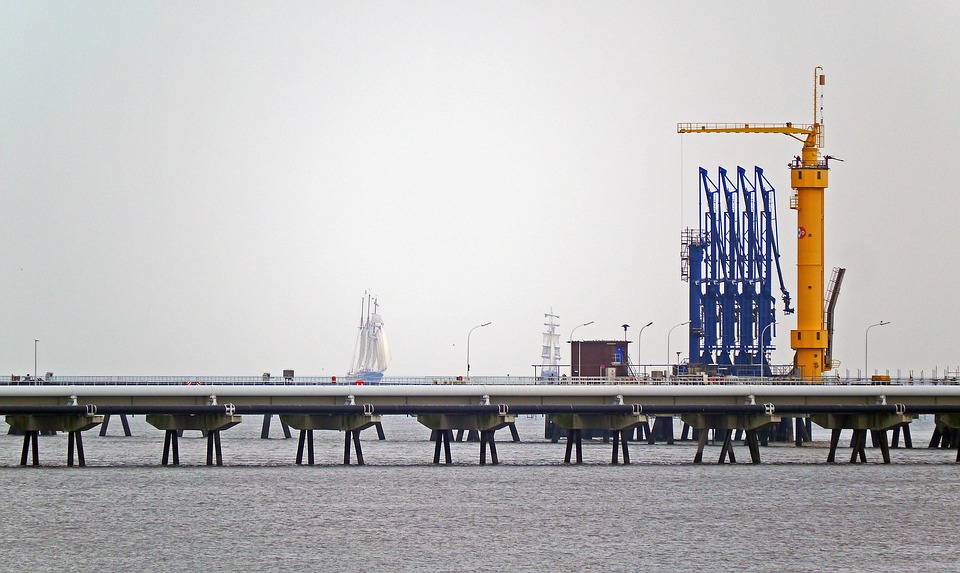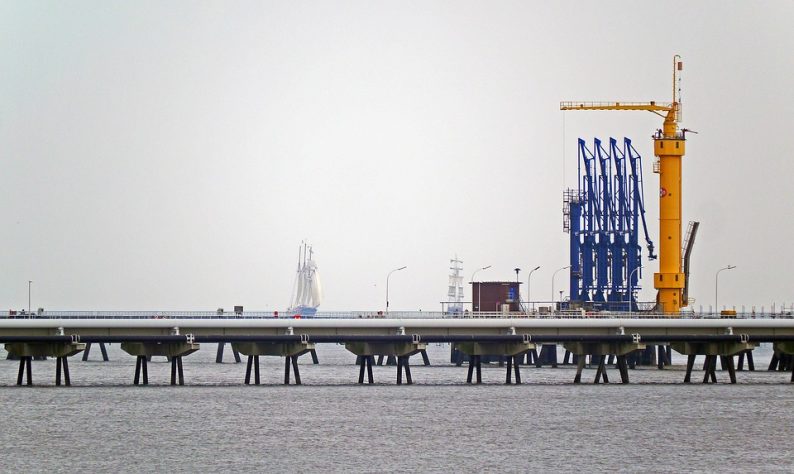Oil is being driven by more plotlines than an afternoon soap opera. With upcoming sanctions on Iran and the Fed on a pace of gradual interest rate increases and strikes in the North Sea and a big drop in the U.S. oil rig count, which fell by 9 rigs, the biggest drop since May of 2016, is providing enough drama for both the bulls and the bears. The U.S.-China trade dispute, as well as the possibility that the U.S. might get a deal on MAFTA, is pulling the trade in different directions.

Yet, behind the drama is the fact that global oil demand continues to increase by more than most expectations, and unless the economy hits a major setback, we are on a path of the market being undersupplied. While we expect that oil supply and products will rise this week, crude by 2 million barrels and gas by 2.5 million and distillates by 2 million barrels, we see the bigger picture of a global oil marketplace that will have little or no spare production capacity left over.
Iran has accused some members of the cartel of doing the bidding of the United States. Reuters reported that Iranian Oil Minister Bijan Zanganeh said some members of oil producer group OPEC were acting in accordance with U.S. policies, Iran’s Khaneye Mellat news agency reported on Friday.
OPEC and Non-OPEC are going to try to set the stage for their joint Ministerial Monitoring Committee, which will meet in Algeria on Sept.23, is chaired by Saudi Arabia and includes OPEC members Algeria, Kuwait, UAE and Venezuela, as well as non-OPEC members Oman and Russia. They have a call tomorrow and the big issue will be how to handle the Iranian sanctions. Kuwaiti Oil Minister Bakhit al-Rashidi said that they will agree on a mechanism to monitor their crude production before the end of the year.
Reuters is reporting that Iranian lawyers will ask the International Court of Justice on Monday to order the United States to lift sanctions ordered by the Trump administration against Tehran. The lawsuit filed with the ICJ, also known as the World Court, says the U.S. sanctions, which are damaging its already weak economy, violate terms of a little-known 1955 friendship treaty between the two countries. The United States, which will respond formally in oral arguments on Tuesday, has yet to issue a public response. U.S. lawyers are expected to argue that the United Nation’s court should not have jurisdiction in the dispute, that the friendship treaty is no longer valid and that the sanctions Washington has levied against Tehran do not violate it anyway. The oral hearings, essentially a request by Iran for a provisional ruling, will last for four days, with a decision to follow within a month.













Leave A Comment